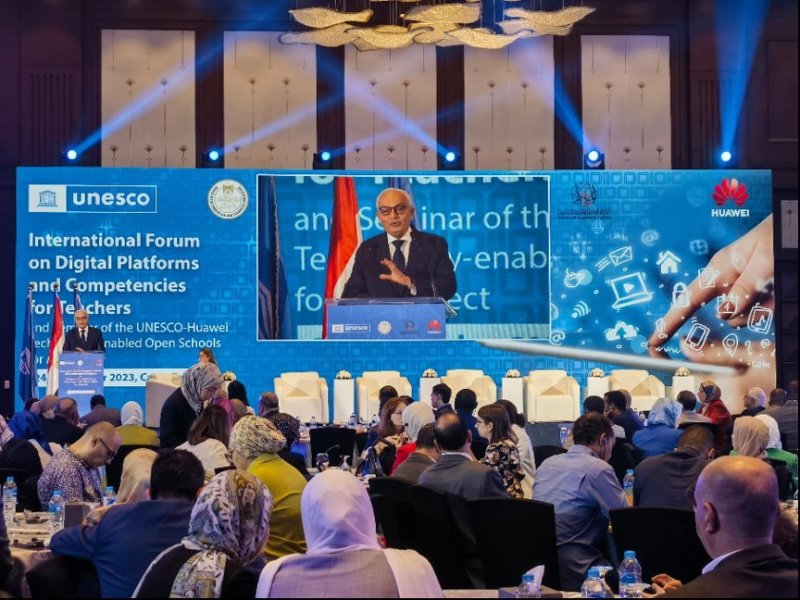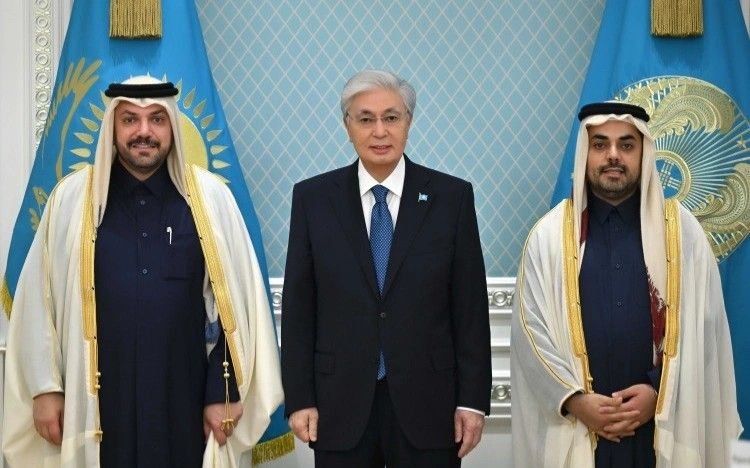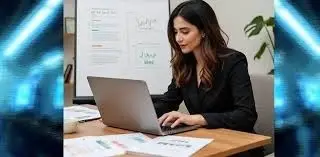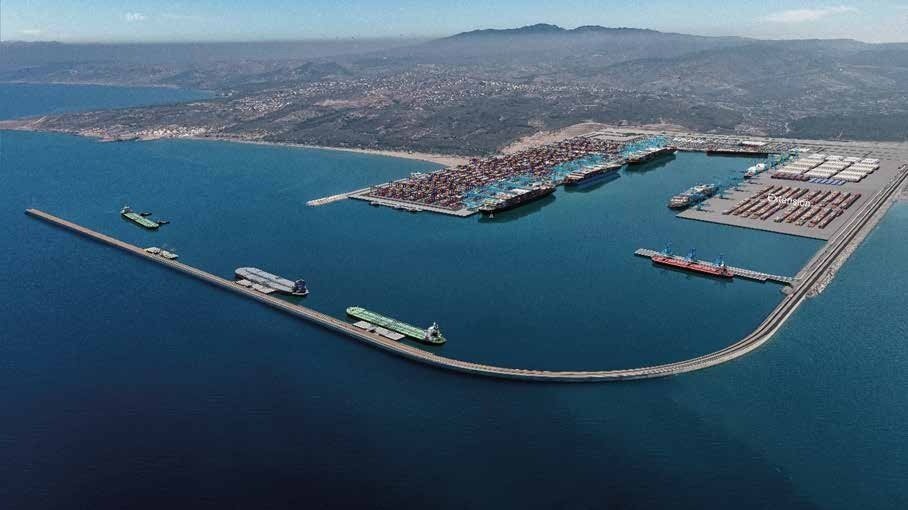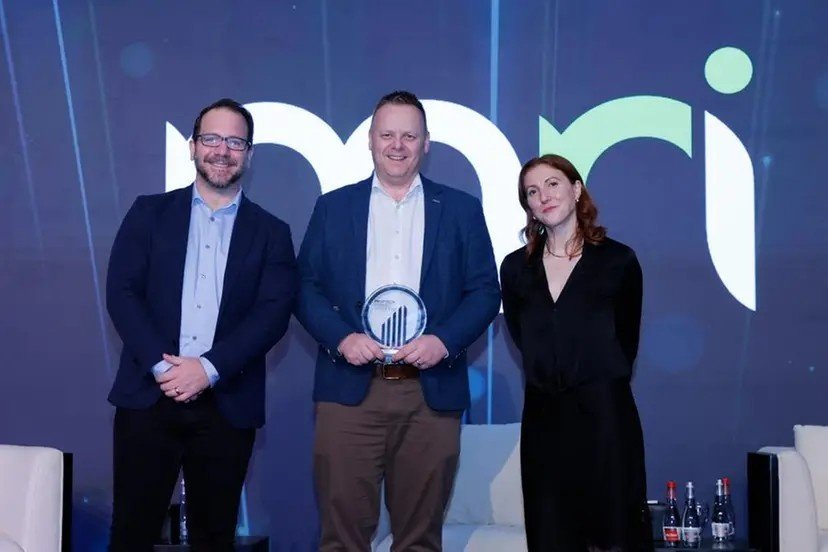Global technology leader Huawei, in collaboration with UNESCO, has recently showcased the achievements of its Technology-enabled Open Schools for All (TeOSS) project. Aimed at enhancing education through digital means, the project has seen significant strides in Egypt, as well as in Ghana and Ethiopia, over its course from 2020 to 2023.
A key milestone in Egypt was the inauguration of the National Distance Learning Centre for the Continuous Professional Development of Educators by Egypt’s Ministry of Education. This center is a central element of the TeOSS project, designed to facilitate distance learning and digital literacy among educators, particularly in underserved communities. Egypt’s Minister of Education and Technical Education, Reda Hegazy, expressed gratitude for the support from UNESCO and Huawei, emphasizing the project’s impact on building capacity, training teachers, and establishing digital platforms.
The TeOSS initiative focuses on piloting digital education platforms, providing digital skill training for teachers and students, and developing policy frameworks for digital education. It also seeks to evaluate its effectiveness for potential application in other African countries. In Egypt alone, 300 teachers have already been trained in digital skills, and the new learning center is set to benefit 950,000 K-12 educators.
Sobhi Tawil, Director of the Future of Learning and Innovation Team at UNESCO, praised the cooperation with the Egyptian Ministry of Education and highlighted Egypt’s pioneering role in implementing digital learning initiatives.
The project is particularly relevant in the context of the ongoing educational disruptions, such as those caused by the COVID-19 pandemic, which affected over 616 million students globally. Huawei emphasized the importance of building national digital education capabilities to minimize disruptions in learning due to unforeseen events.
As part of Huawei’s broader “TECH4ALL” digital inclusion and sustainability initiative, the company is committed to developing technology-driven solutions that align with the UN Sustainable Development Goal 4, focused on ensuring inclusive and equitable quality education for all.
Joyce Liu, Director of the TECH4ALL Digital Inclusion Program Office for Huawei, highlighted the critical role of enhancing digital skills for educators to overcome challenges in Egypt and foster a more inclusive digital world.
The two-day UNESCO-Huawei International Forum on Digital Platforms and Competencies for Teachers, where these developments were discussed, also explored best practices for building digital platforms and enhancing educator capabilities. The forum saw participation from ministers and senior representatives from Egypt, Ethiopia, Ghana, UNESCO, Huawei, TeOSS partners, and international experts, underlining the collaborative effort in advancing digital education.











